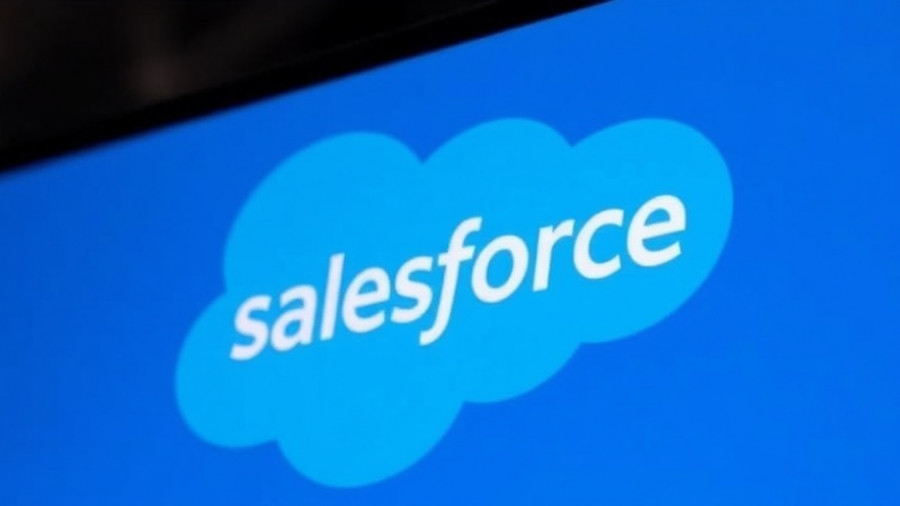
The Heart of the Matter: Copyright in the Age of AI
In a significant legal move, Salesforce has been slapped with a class action lawsuit by authors Molly Tanzer and Jennifer Gilmore, alleging unauthorized use of their books to train the company's artificial intelligence software. This case brings to light crucial questions about copyright, fair use, and the ethical considerations of using creative works to develop AI technologies.
Understanding the Claims: Authors Speak Out
The lawsuit claims that Salesforce's xGen AI models were trained on thousands of books, many of which belong to Tanzer and Gilmore, without their permission. According to the authors, this raises serious copyright infringement issues, and they seek fair compensation for the unauthorized use of their intellectual property. “It’s important that companies that use copyrighted material for AI products are transparent,” said attorney Joseph Saveri, who represents the authors. This assertion echoes a broader sentiment shared by many creators who feel their content is being exploited without acknowledgment or payment.
Broader Implications: A Pattern of Legal Action Against Tech Giants
This lawsuit isn't an isolated incident. Across the industry, numerous authors and content creators have filed similar cases against tech companies like OpenAI and Microsoft. For instance, Anthropic's recent settlement of $1.5 billion for copyright infringement indicates a growing acknowledgment of the rights of content creators in the tech arena. As AI continues to evolve, it puts a spotlight on the necessity for regulatory frameworks to protect intellectual property, particularly for those whose works are essential for training AI systems.
The Role of Technology Companies: A Call for Ethical Practices
Salesforce CEO Marc Benioff has publicly condemned the practice of using 'stolen' data for AI training while emphasizing the need for transparency. The lawsuit quotes Benioff's stance, stating that compensating content creators for their works is not just fair; it’s necessary. This situation calls into question how technology companies address ethical practices in their operations. The authors argue that fair compensation could set a precedent that acknowledges the labor and creativity involved in writing.
Navigating Copyright in the Age of AI: What Every Creatable Must Know
As more creators grapple with how their works are being utilized, understanding the nuances of copyright is crucial. For South Carolinians—whether you're an aspiring author, an artist, or a business owner—being informed about intellectual property rights and what constitutes fair use can aid in protecting your work. It's essential to consult legal resources or specialized attorneys if you suspect your rights are being violated.
Take Action: Know Your Rights and Stay Informed
With the growing intersection of technology and creative fields, staying informed is your best defense. Are you familiar with the steps involved in filing a complaint about copyright infringement? Knowing what to expect and how to document your case can make a significant difference in seeking justice. For those facing challenges with insurance claims stemming from accidents or damages, understanding the complex claims process is equally important.
In light of this lawsuit, it's vital to reflect on your own rights as creators or consumers. Understanding copyright not only empowers you but also promotes fairness in the industry.
For further inquiries on navigating your insurance claims effectively, ensure you understand the specific steps involved and always seek appropriate documentation to safeguard your interests!
 Add Row
Add Row  Add
Add 




Write A Comment